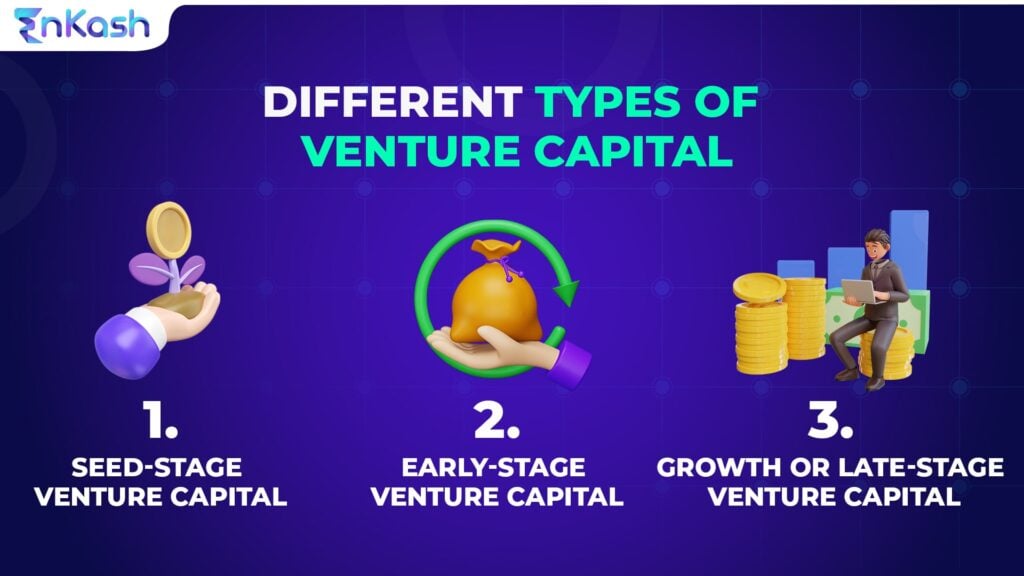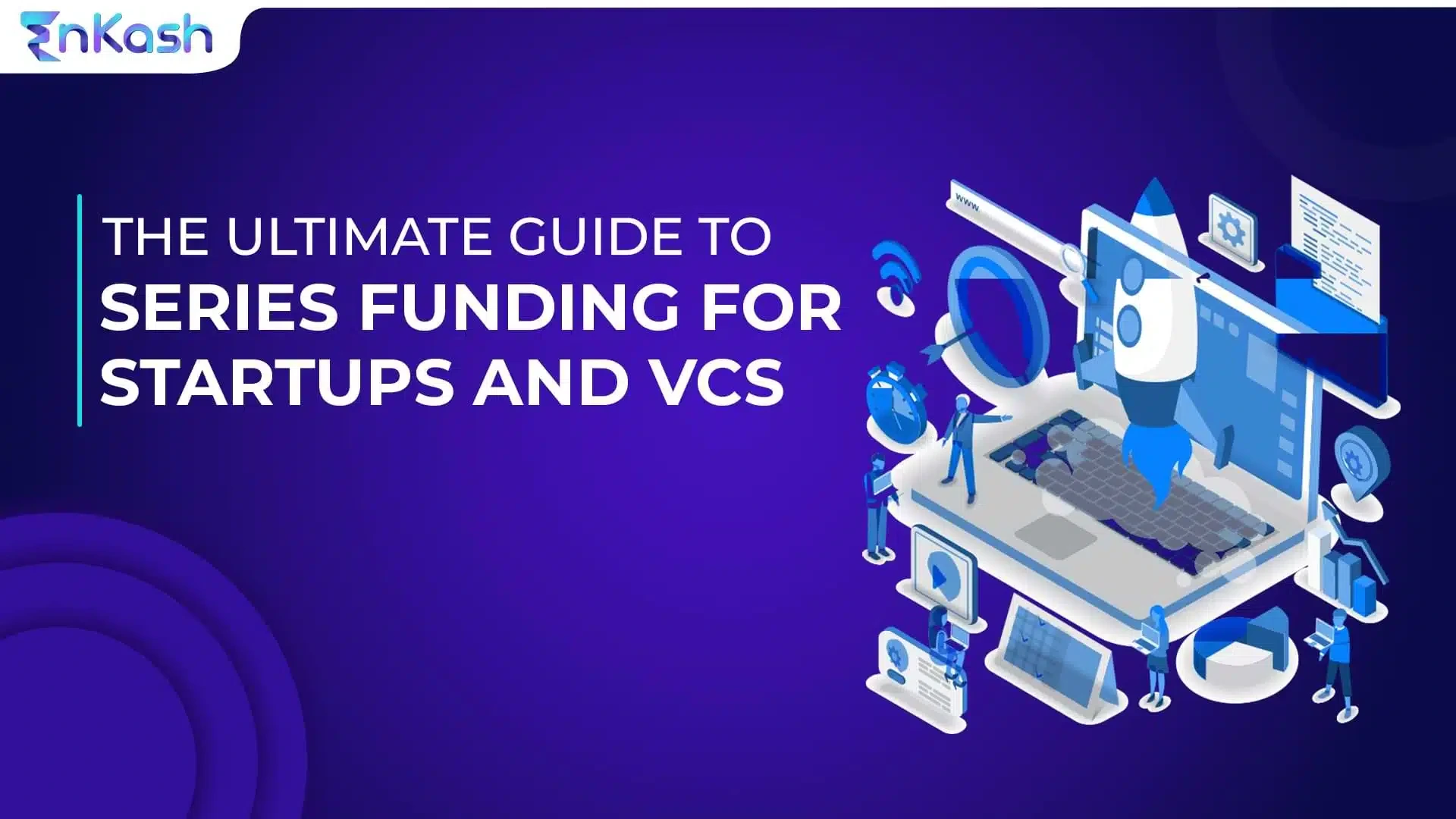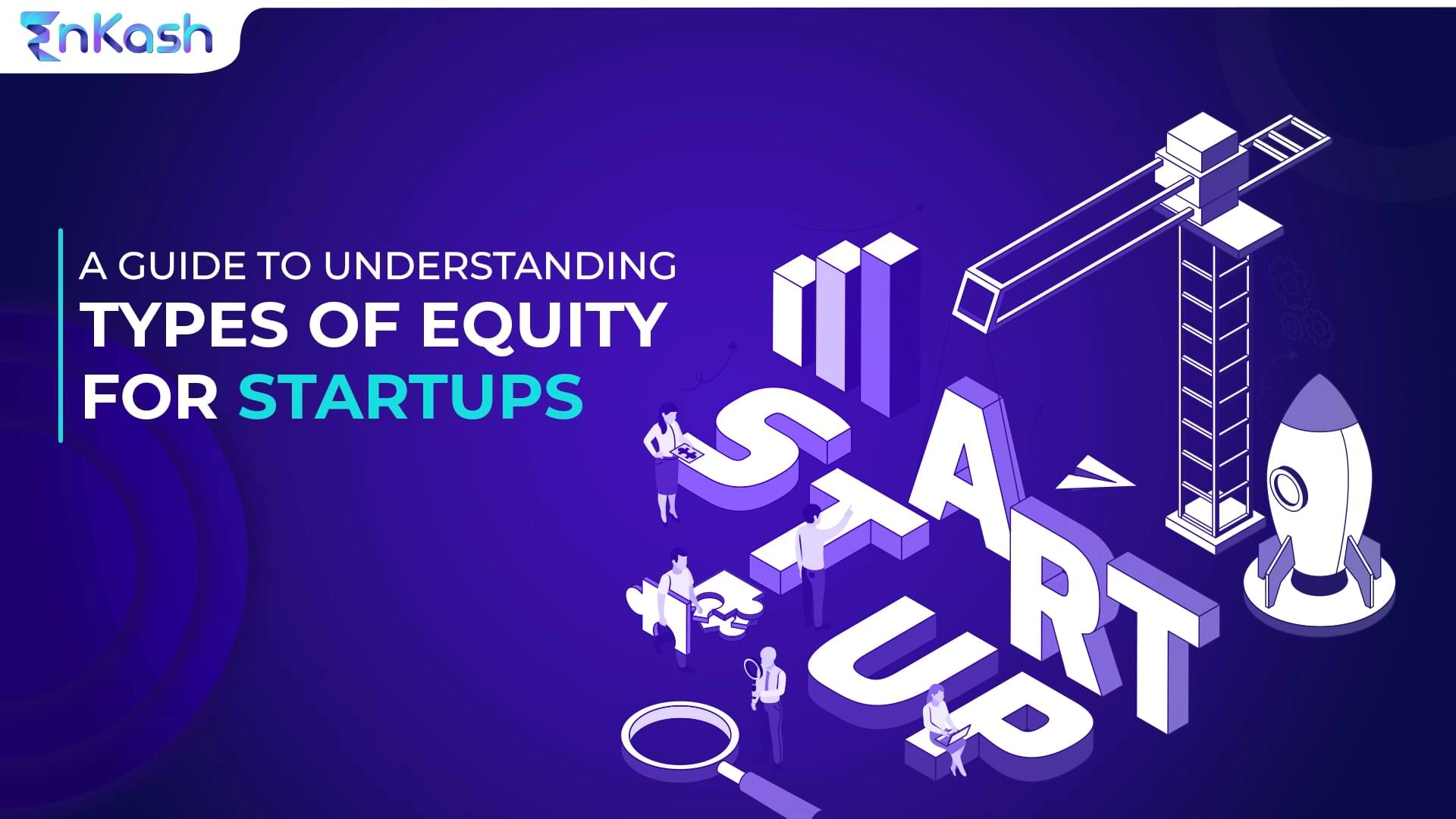As a small business or startup, you often hear the term venture capital (VC)and how venture capital can help your business grow the way you want it. But many entrepreneurs, especially in the MSME realm may not know what venture capital is. In this article, we will look at what venture capital is and the types of venture capital. This can serve as a guide to assessing the type of venture capital that your business needs.
What is venture capital?
By definition, the word venture denotes an element of risk, which is definitely applicable to a new business. Venture capital is a type of private equity and financing that investors offer to new ventures. Venture capitalists are usually businessmen who are well-off and want to invest in a business venture to expand their portfolio, support businesses with growth potential, or even as a way to help the industry grow.
However, venture capital need not always be in the form of money and can be provided in the form of expert guidance—technical or business advice. Since investment in a new venture always has an element of risk, venture capitalists are ready to wait for a long time for a return on their investment. It goes without saying that when a venture capitalist decides to invest in your business, you have to be prepared to hand over some of your control to them. The venture capitalist may either get involved in high-level decisions or have a say in certain aspects of the business depending on their expertise and interest.
Now that we have a basic idea of what venture capital financing means, let’s look at the different types of venture capital.
What are the 3 different types of venture capital?
Seed-stage venture capital
As the name suggests, this capital is used to start or seed the business. Seed stage capital is usually used for market research, initial stage activities, product development, etc. To get this type of venture capital, you have to be ready with a solid concept or idea to get the funding going. The credentials of the founders can be a good way to pitch for this type of VC.
Early-stage venture capital
This type of VC will in most cases be higher than the seed-stage capital as it is most likely that the product or concept has been investigated and found to be of sound value. The businesses that are in the development stage usually opt for this type of capital having boot-strapped the initial stages with their personal funds.
Growth or late-stage venture capital
Under the growth stage category are those businesses, which have done their research and developed their product and now are looking for expansion or further development. In most instances, the business has also generated revenue to further substantiate the pitch for venture capital.

What forms does venture capital funding take?
Now that we have a fair understanding of the types of venture capital, let’s look at the means through which finance reaches you. Learning about this will help you select the right option for your business.
Equity: You can get access to venture capital by providing some shares of your company to the investor. While this ensures that the venture capitalist has a vested interest in the growth of your company, it also dilutes your control. Weigh the pros and cons before picking this option
Debentures: These are a type of debt instrument that usually gets priority for repayment over shares in case your company goes bankrupt. The collateral for debentures is usually a right to the venture capitalist in the profits of the company. Again, look at the pros and cons of this option before proceeding with this option. With debentures, you get to retain control but have the pressure to hand over a portion of the profits.
Conditional loan: While these loans do not carry the obligation to pay interest to the venture capitalist, you will have to pay back in the form of royalty to the investor after your business starts generating revenue. This, in turn, means that you need to be prepared to hand over part of the profits to the venture capitalist once your business makes profits and in some cases, put your expansion plans on hold to do so.
Income note: This is a hybrid loan form that includes paying a minimal interest amount alongside royalties to the venture capitalist. While in principle, this option may have lesser conditions, it also means giving away a bigger chunk of your profits or revenue to the venture capitalist.
The VC Investment Cycle
Keep in mind that VCs typically invest in companies along a specific lifecycle:
Seed Funding: This is the earliest stage, where a strong concept or idea is enough to secure funding for market research, initial development, and a basic business plan.
Series A: Companies with a validated product or service in a growing market seek Series A funding to scale operations, marketing, and sales.
Series B and Beyond: Later-stage funding rounds (Series B, C, etc.) focus on further growth, expansion, and acquisitions.
Advantages and Disadvantages of Venture Capital
Advantages:
Access to Capital: VCs can provide businesses with large sums of money that would be difficult or impossible to obtain through traditional loans. This capital can be used for a variety of purposes, such as product development, marketing, and expansion.
Expertise and Guidance: Many VCs have extensive experience in building and growing successful businesses. They can provide valuable mentorship and guidance to entrepreneurs, helping them navigate the challenges of running a start-up.
Network and Connections: VCs often have a wide network of contacts in the business world. They can introduce entrepreneurs to potential customers, partners, and other investors.
Validation: Securing VC funding can be a strong validation of your business idea and its potential for success.
Disadvantages:
Loss of Control: By accepting VC funding, you often give up some ownership and control over your company. VCs may have the power to influence major decisions.
Pressure to Succeed: VCs expect a high return on investment and may pressure you to prioritize rapid growth over long-term stability.
Stringent Requirements: The VC application process can be lengthy and demanding, requiring detailed financial projections and business plans.
Exit Strategy: VCs typically look for an exit strategy within a specific timeframe, such as an acquisition or IPO. This can influence your long-term vision for the company.
Conclusion
Venture capital can be a powerful tool to fuel your startup’s growth. Understanding the different types of VC, the investment cycle, and funding forms empowers you to make informed decisions about securing the right kind of capital for your business. Remember, VC funding often comes with some loss of control. Carefully weigh the pros and cons before entering into a VC agreement.














